Cell Membrane Definition Simple

The cell wall is 01 μm to several μm in thickness.
Cell membrane definition simple. Cell Membrane Definition. Biology a very thin membrane composed of lipids and protein that surrounds the cytoplasm of a cell and controls the passage of substances into and out of the cell. The cell membrane also called the plasma membrane is found in all cells and separates the interior of the cell from the outside environment.
The cell membrane is a multifaceted membrane that envelopes a cells cytoplasm. A thin membrane a double layer of lipids enclosing the cytoplasm of a cell. An example of a cell membrane is the protective layer around a skin cell.
It protects the integrity of the cell along with supporting the cell and helping to maintain the cells shape. The cell membrane also known as the plasma membrane is a double layer of lipids and proteins that surrounds a cell. It protects the cell from the external environment.
The structure separating an animal cell from its environment or a plant cell from its cell wall. In the plant cell it is covered by a cell wall outermost covering in plant cell. Cell membrane also called plasma membrane thin membrane that surrounds every living cell delimiting the cell from the environment around it.
Enclosed by this cell membrane also known as the plasma membrane are the cells constituents often large water-soluble highly charged molecules such as proteins nucleic acids carbohydrates and substances involved in cellular. The thin membrane that forms the outer surface of the protoplasm of a cell and regulates the passage of materials in and out of the cell. It is the thick and rigid structure with a fixed shape.
The cell membrane is the thin layer that encloses a cells cytoplasm which is the substance between the membrane and the nucleus. A cell membrane is a border that covers every cell in a living organism. The cell membrane consists of a lipid bilayer that is semipermeable.
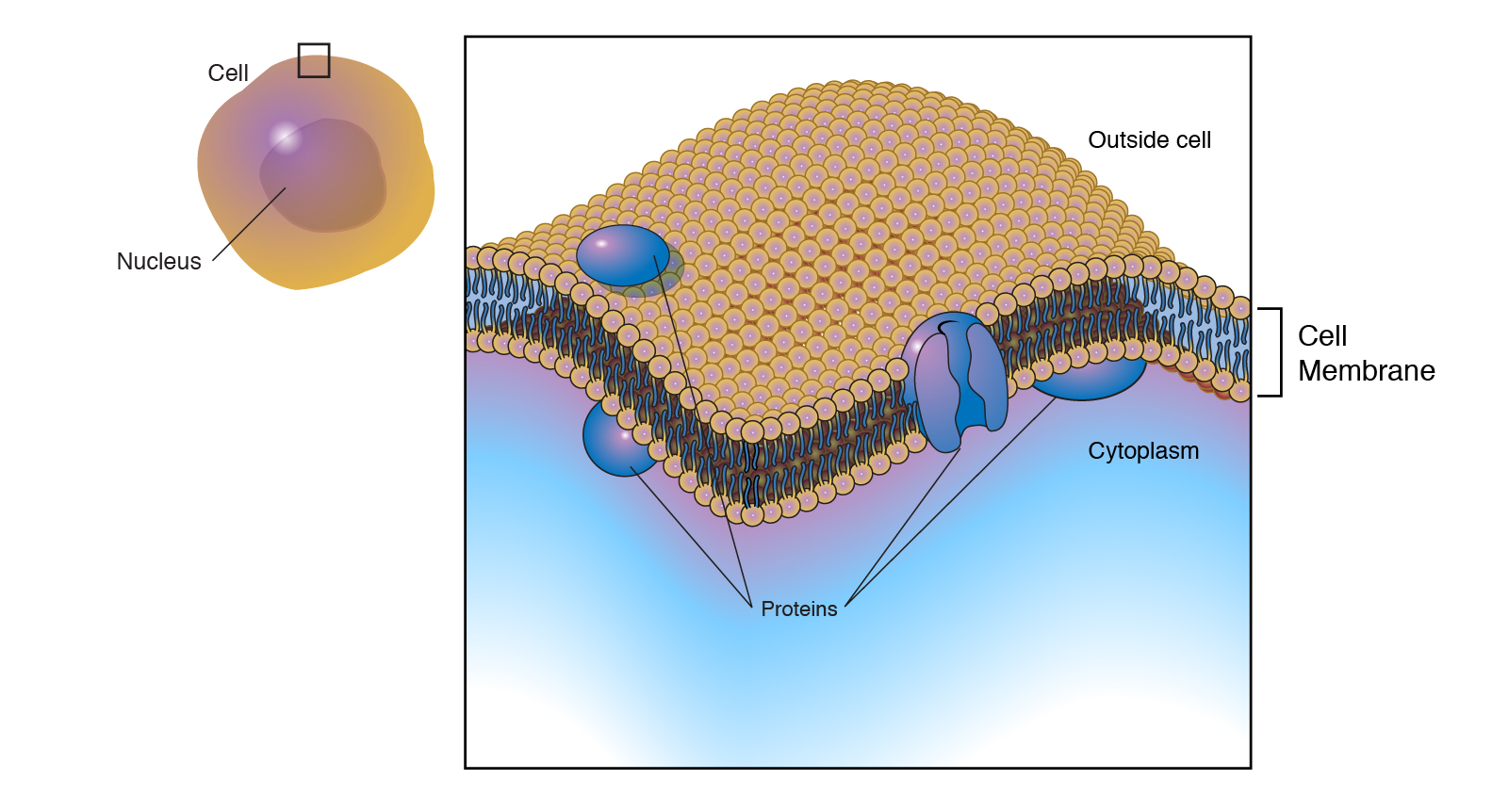
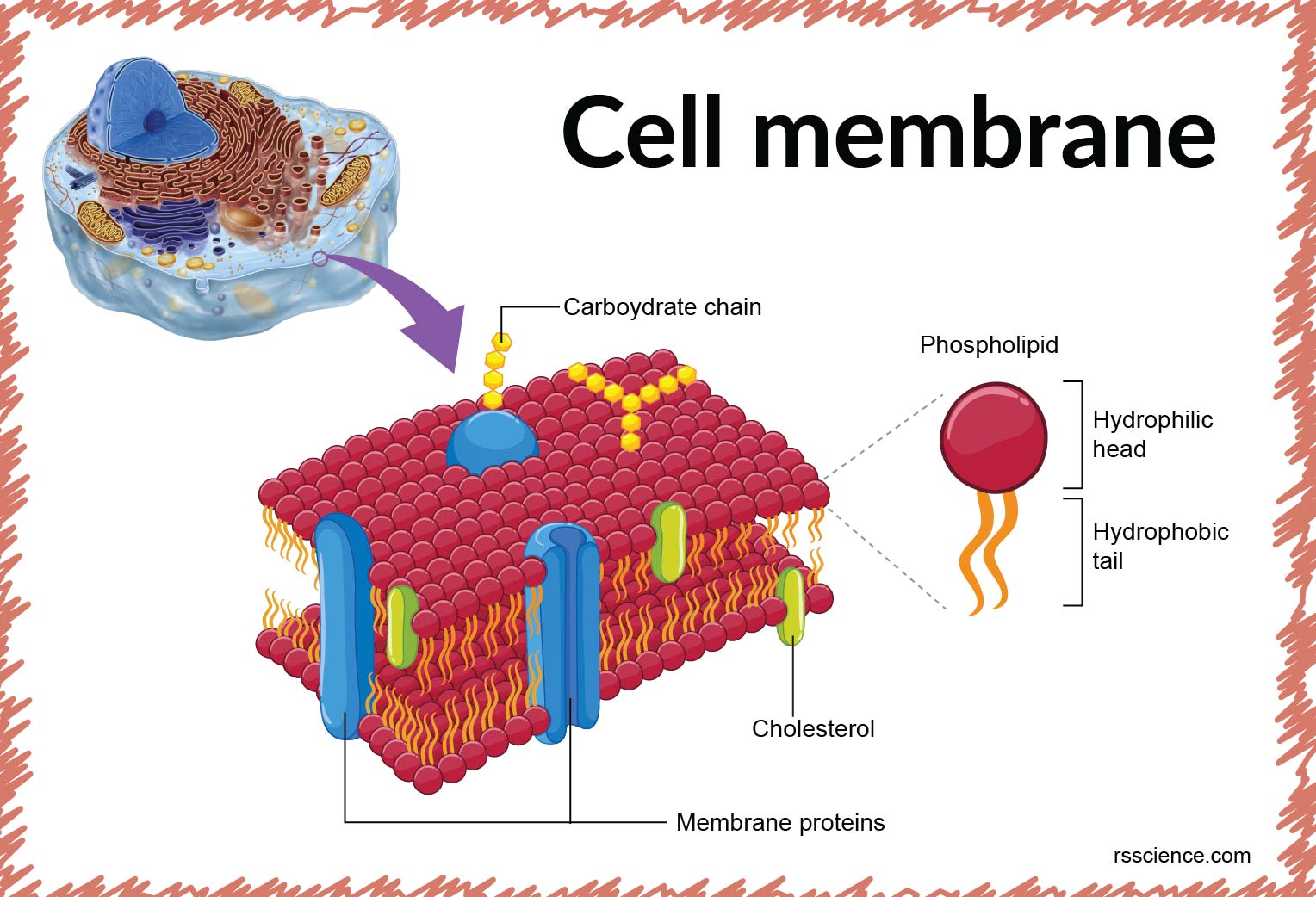
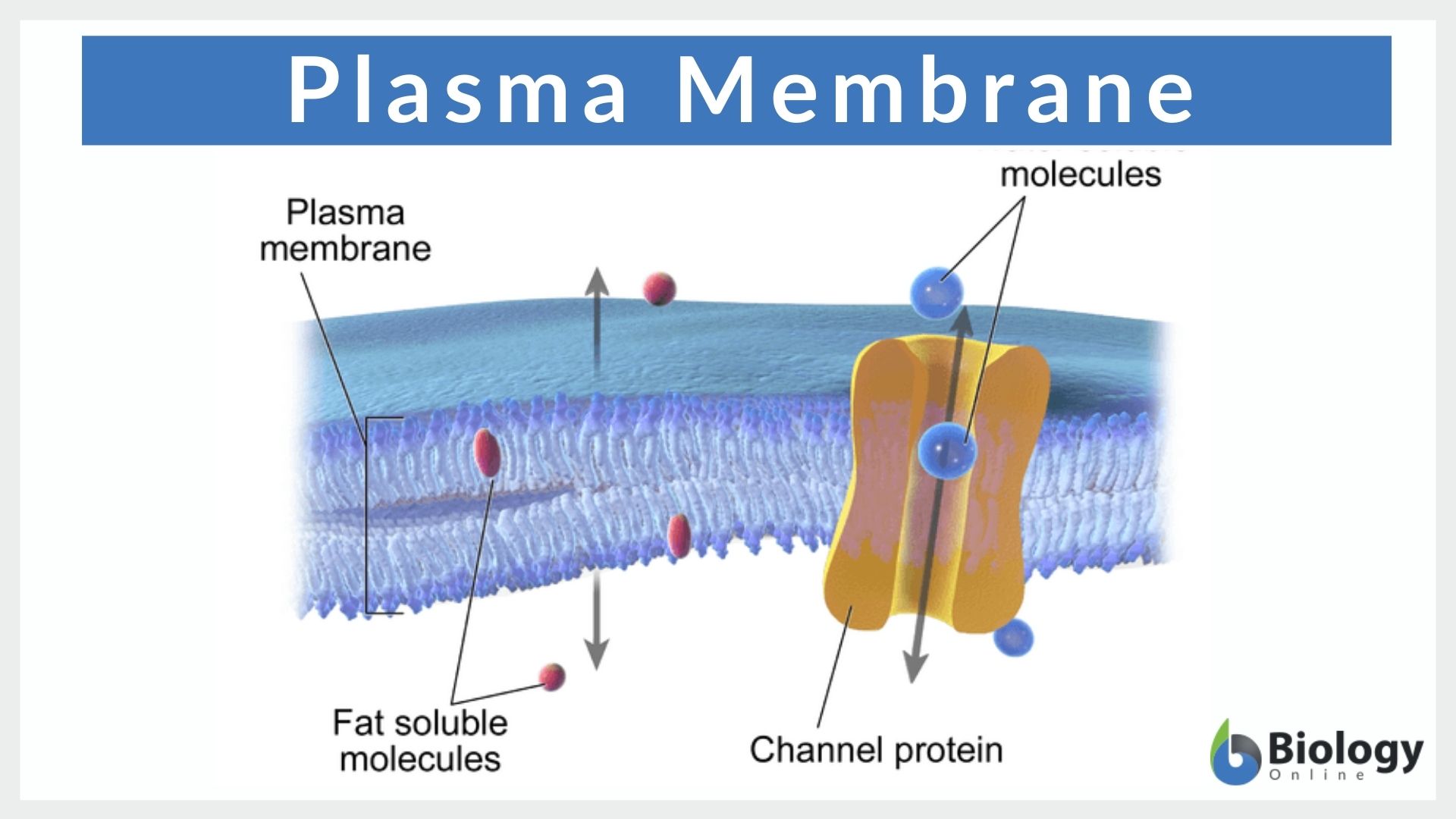







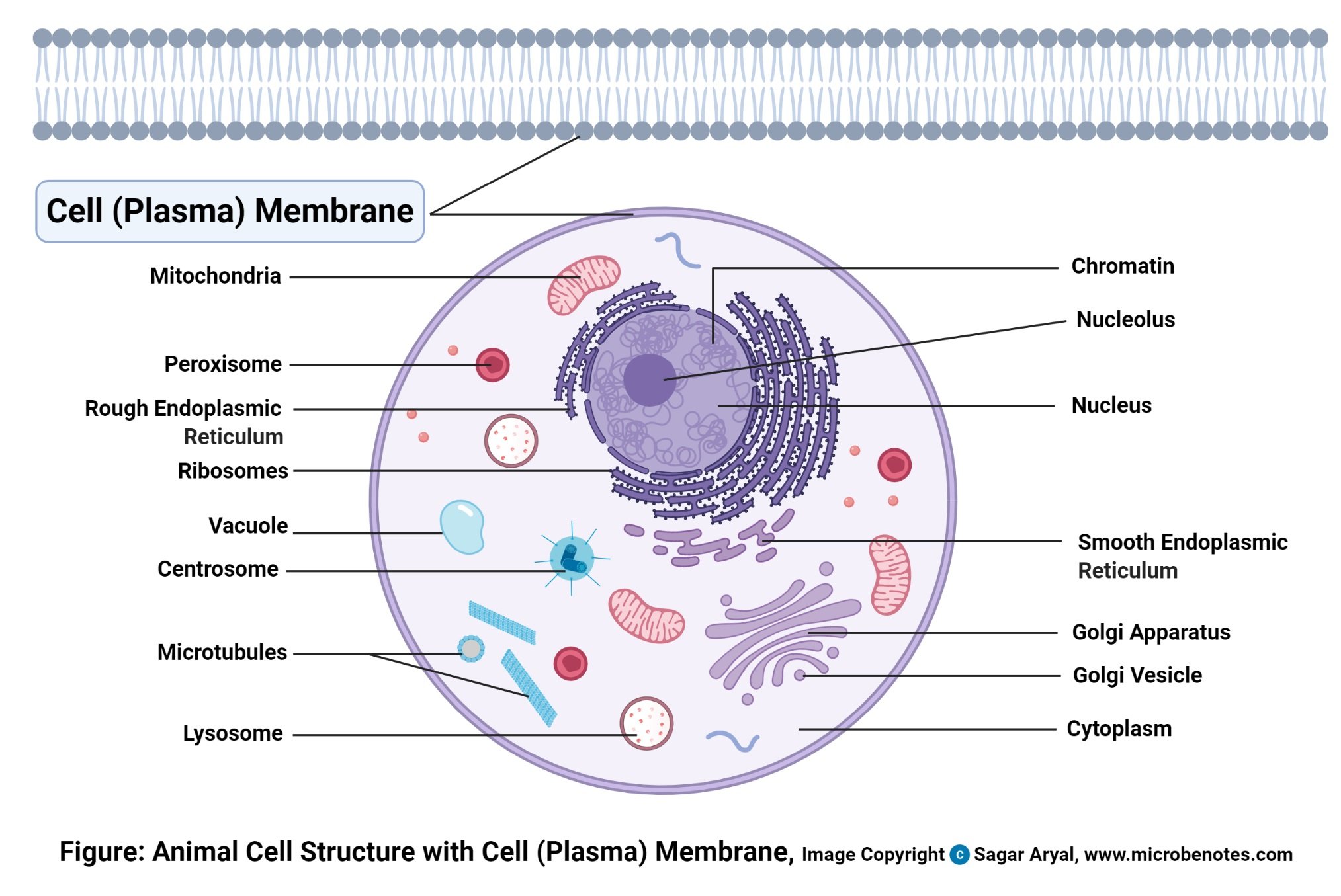
/pinocytosis-594d611e5f9b58f0fc2c5b8f.jpg)

/endocytosis-5ad64d57c0647100386364bb.jpg)

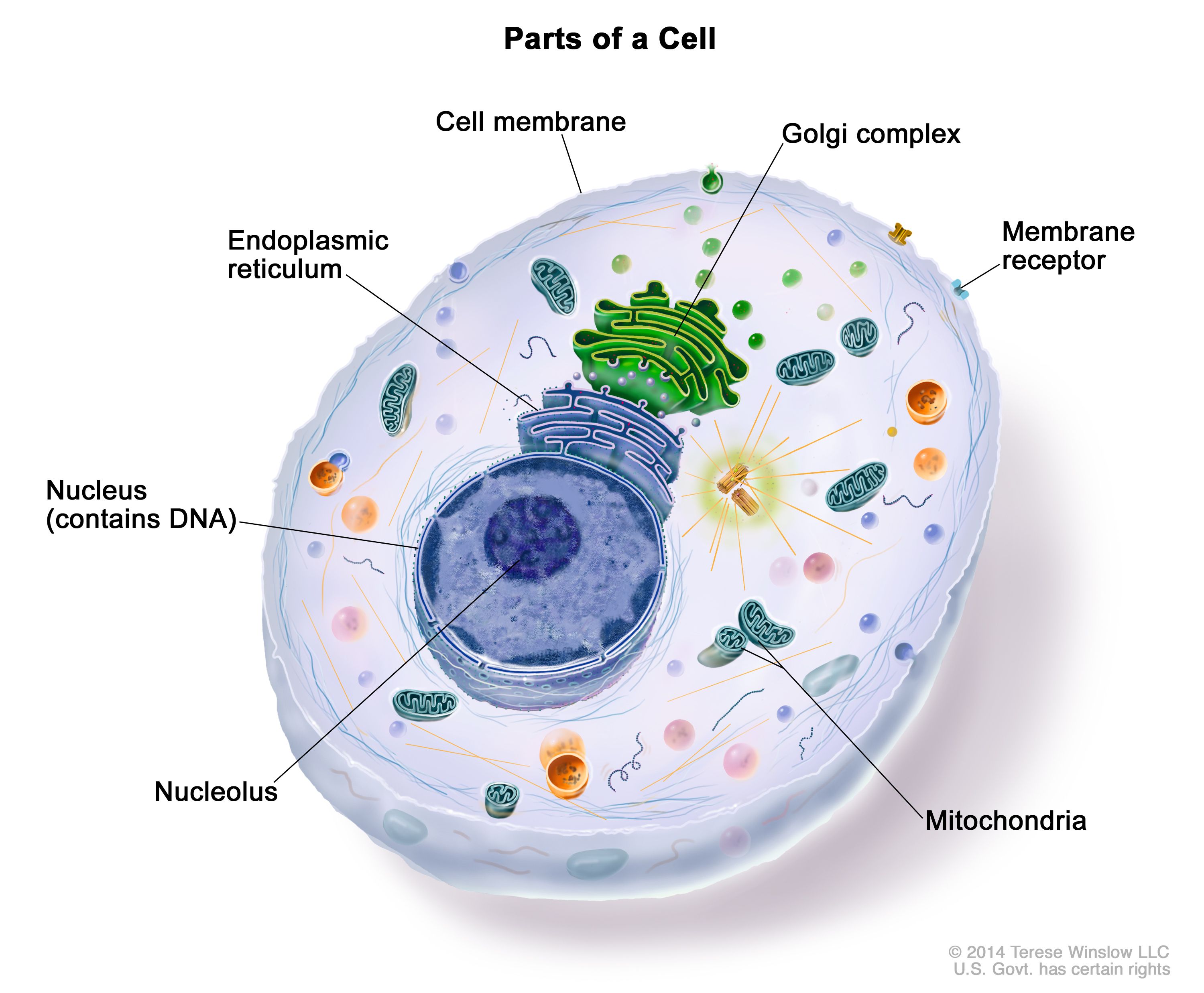
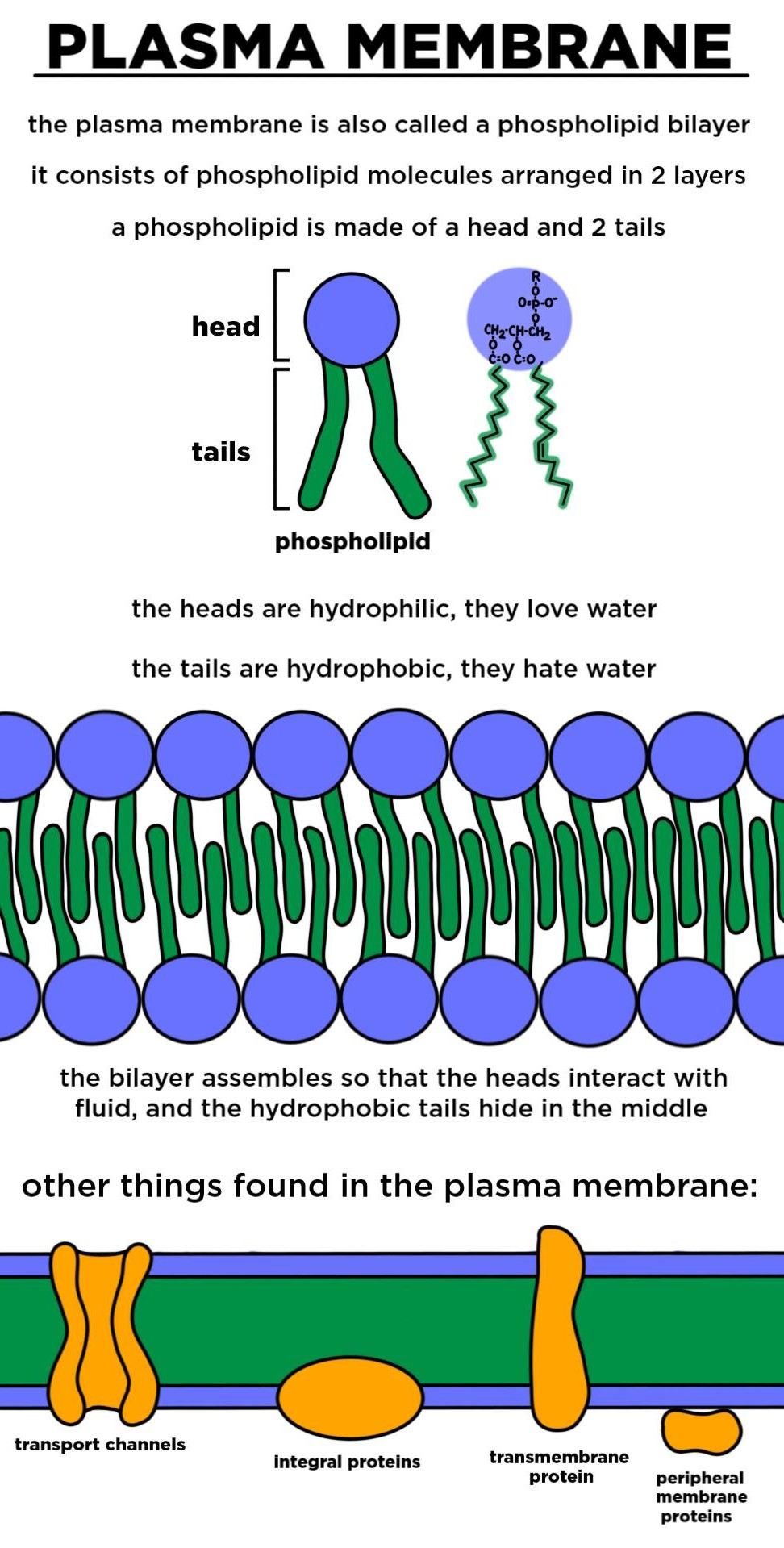
:max_bytes(150000):strip_icc()/endocytosis_pinocytosis-5ad652db1f4e130038c4847b.jpg)
